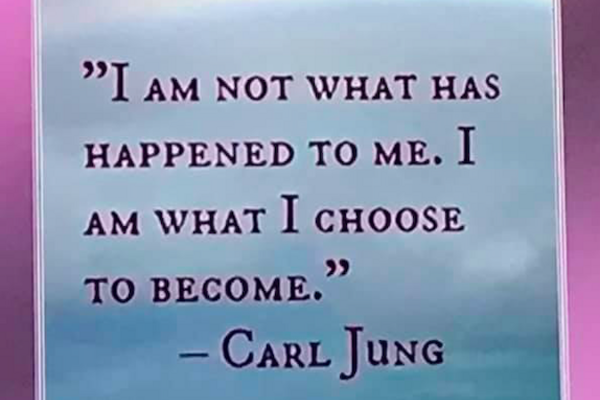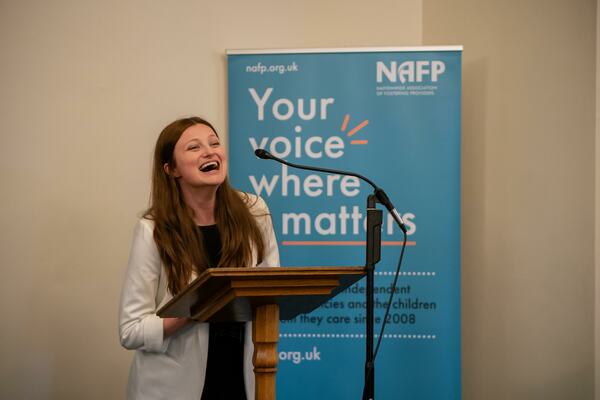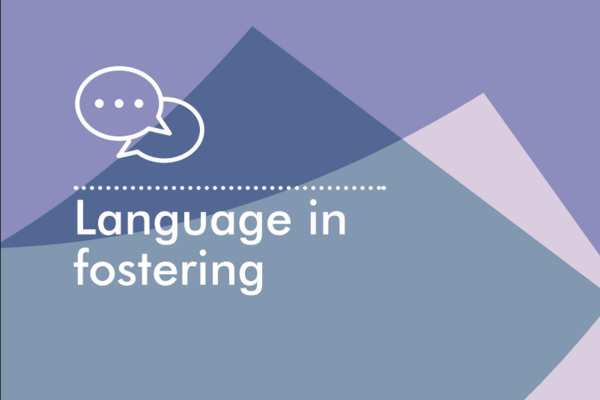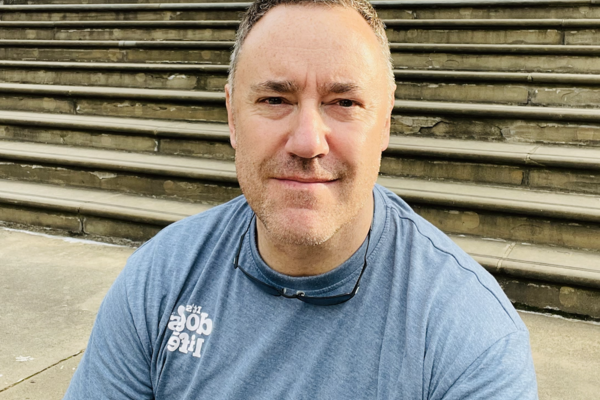I have become increasingly aware that as a society we do not speak about black foster children. We speak about care leavers, however the majority of conversations are focused on those who are from a white background, which begs the questions if black foster children are forgotten by society? Or do we just not recognise black children as first and foremost; children and we are seeing them as adults before their time?
I have my own experiences of being a black foster child, which is slightly unconventional to the fostering system as a whole, yet not uncommon in the Black Community. I was privately fostered from the ages of 0-9.5, my formative years. There was a surge in private fostering particularly in the Nigerian community from the 1980’s and is still ongoing, remember the tragic short life of Victoria Climbié?
For those who may not be familiar with private fostering the definition is as follows;
Private fostering is recognised in The Children Act 1989 as an arrangement whereby a child under the age of 16 (or 18 if the child has a disability) (S. 66 Children Act 1989) is placed for 28 days or more in the care of someone who is not the child's parent(s) or a 'connected person-
My foster mother was a white woman called Mummy Marceline. We lived in a small town called Clacton on Sea about 40 minutes outside London, and within the town we were situated in an even smaller rural village called Jaywick Sands.
The beach was only a stone’s throw away and was the highlight of my time there and being able to play with my friends. I felt free despite the incessant racism that I plagued me on an almost daily basis.
I was seen only twice by two different social workers in the whole time I was there. They were both middle class white women, who if I didn’t know any better could be twins. They were appointed only when the hot subject of whom I was going to permantley live came to ahead, Mummy Marceline or my mother? My mother wanted me back and Mummy Marceline wanted me to stay. It seems that there was not much interest in me before that even though there were no other black children in my area and I had a white older woman whom everyone knew looked after me. I didn’t seem to be given much thought, even though Section 67 of the Children Act also states;
“It is the duty of the local authority to satisfy themselves that the welfare of children privately fostered in their area are safeguarded and that an officer of the local authority should visit in prescribed circumstances and on specific occasions within specified periods.”
I did not receive such attention and it is no wonder that I am still working on getting whatever files I did have from my local authority who thinks these have now been destroyed, yet provides me with the same old response. I knew it happened I have pictures and family members who remember also.
From these experiences, I can see why black foster children can feel forgotten, abandoned and neglected not only by their birth family but by the state as well.
My separation from my foster mother was in essence; traumatic. I was forced to go kicking and screaming against my will as my mother had decided she wanted me back with her to live in London. When I went back to live with my mother, there was no support available and I ended up having a fraught relationship with my mother that never reconciled as it will be 12 years now since she passed away.
My foster mother died a few months after I had been taken from her and social care did not want to know they were probably just relieved I was back with my mother and it was one less case for them to manage, one less child, or should I say (black child) in their care.
I became an angry and confused young child. Living back with my mother was vastly different, I needed to get used to a new culture and a new way of living. One hand it was positive that I did not have the racism that I endure when living with Mummy Marceline, yet I didn’t have my friends either. I had very little semblance of who I was.
For one, I had always thought I was Brown and not Black, and this lead to bullying and social exclusion at school as I was not perceived as knowing my identity. In truth I didn’t. I didn’t know if I was Brown or Black, I didn’t know if I was British or Nigerian, or both. I didn’t know where I belonged and where really was home. Mummy Marceline’s was never a permanent place as fostering essentially is not. Yet without the comfort of her presence, I really felt forgotten, not knowing who I was or who my family was really and them also not knowing who I was either.
This is why I believe it is so important to change the trajectory of the support that is available to black foster children. Therefore I am putting these words into action; I am working on a project called; Children who Belong.
Although my experiences in care are over there are many other black children who feel like they are forgotten in the UK and face multiple levels of disadvantages and oppression in society.
If nothing changes then Black foster Children will continue to feel forgotten by society and cycle will continue to perpetuate.
The future I am creating is one where Black foster Children live a life where they are supported and one in which they most importantly belong.
My intention is that I am writing a powerful and compelling book about my own experiences as a black foster child, which will aim to empower Black foster Children to live a life that’s powerful and one that they love. This book will be self-published at the beginning of October.
The wider and ongoing part of the community project is the implementation of transforming the lives of Black foster Children by building a community of likeminded people who have the same vision of transforming the lives of Black foster children, so they do not feel forgotten by society and the world. We can make a difference together..... WE can give them HOPE.









